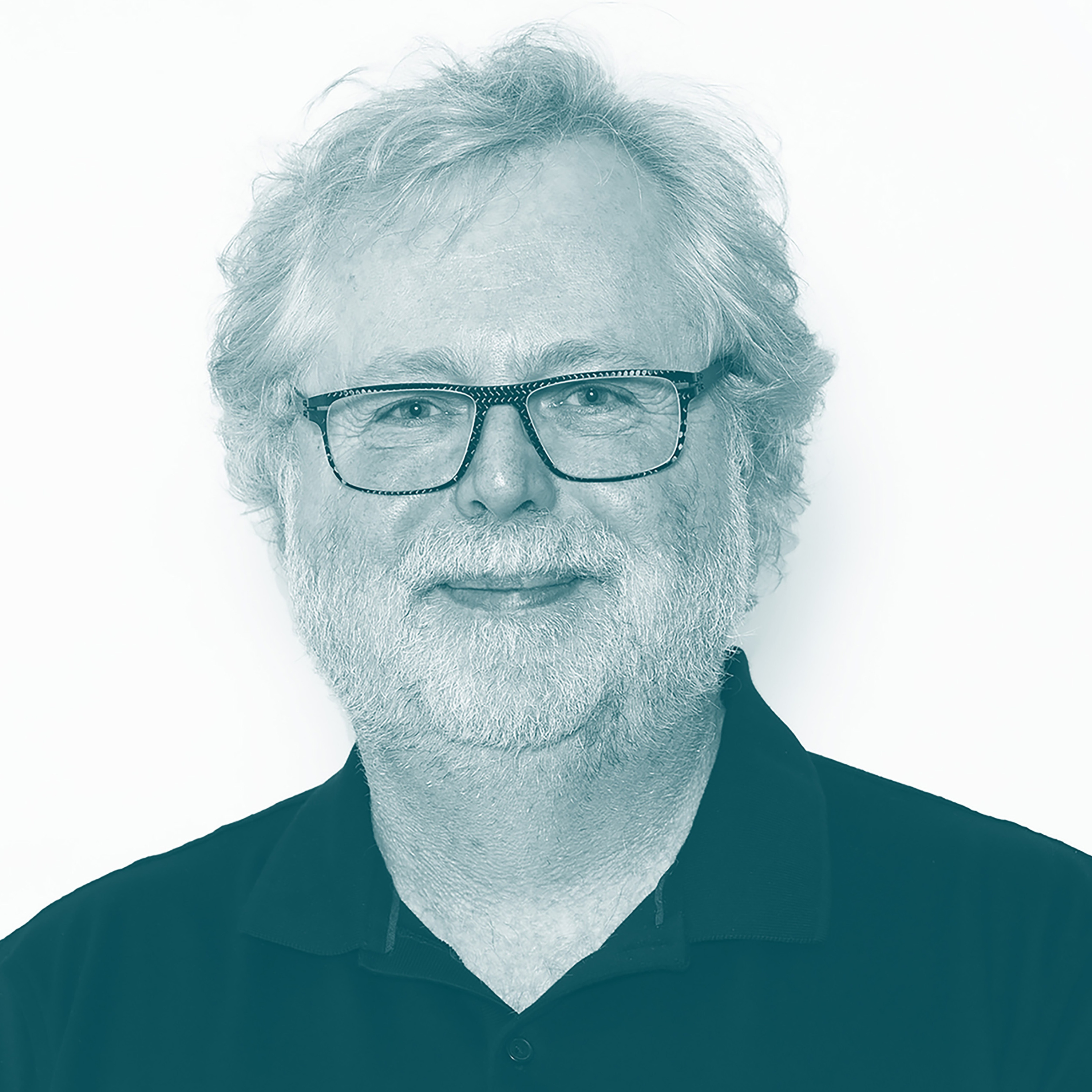
Nathan Myhrvold on the Art and Science of Food
 2020-03-11
2020-03-11
Nathan Myhrvold is no ordinary chef. With two master’s degrees (one in mathematical economics, the other in geophysics and space physics) and a Ph.D. in theoretical and mathematical physics, he is also a technologist who did postdoctoral research with Stephen Hawking. From 1986 to 1999, Myhrvold was the chief strategist and chief technology officer at Microsoft, where he worked closely with Bill Gates on future planning and developing the company’s software. (During this time, he also co-authored Gates’s 1995 best-seller, The Road Ahead; in 1999, at age 40, he retired from the company.) Now, as the CEO of the firm Intellectual Ventures, which he co-founded in 2000, he develops and licenses intellectual property. The company owns upwards of 30,000 assets, nearly 900 of which were invented by Myrhvold himself. So where does cooking come in? Long a gastronomer and foodie (before the latter term was even a thing), Myhrvold began to pursue his passion for cuisine early on. During his Microsoft years (with Gates’s blessing), he took time off to attend the La Varenne cooking school in Burgundy, and later even apprenticed part-time at Rover's restaurant in Seattle. For a time, he was the “chief gastronomic officer” of the Zagat Survey.
It wasn’t until about a decade ago, though, that things really took off for Myhrvold on the food front. In 2011, he established a full-fledged publishing platform with the release of his six-volume Modernist Cuisine, an encyclopedic whirlwind into the science of contemporary cooking. A behemoth of a book, at 2,438 pages, it took about three years to produce, with several dozen people involved. Subsequent iterations have followed: Modernist Cuisine at Home (2012), The Photography of Modernist Cuisine (2013), and Modernist Bread (2017). A Modernist Pizza book is currently in the works. The series has become a cult favorite, highly respected by many of the world’s top chefs, including Thomas Keller and Heston Blumenthal. Especially remarkable about the project—aside from the inventive recipes—is the hyperrealist, meticulously executed photography. Many of the pictures are made through a “cutaway” technique involving machinery to that slices pots, pans, and ovens in half to offer a literal inside look into the processes behind the dishes—a pork roast atop embers, say, or broccoli steaming in a pot. It is through these images that Myhrvold's many talents and interests in science, food, and art collide, and to potent effect.
On this episode of Time Sensitive, Spencer speaks with Myhrvold about his journey into sous vide cooking, the problems he sees with the Slow Food movement, why food photography has never been considered a high art, and more.
More Episodes
 2019-12-04
2019-12-04
Create your
podcast in
minutes
- Full-featured podcast site
- Unlimited storage and bandwidth
- Comprehensive podcast stats
- Distribute to Apple Podcasts, Spotify, and more
- Make money with your podcast
It is Free
- Privacy Policy
- Cookie Policy
- Terms of Use
- Consent Preferences
- Copyright © 2015-2024 Podbean.com





